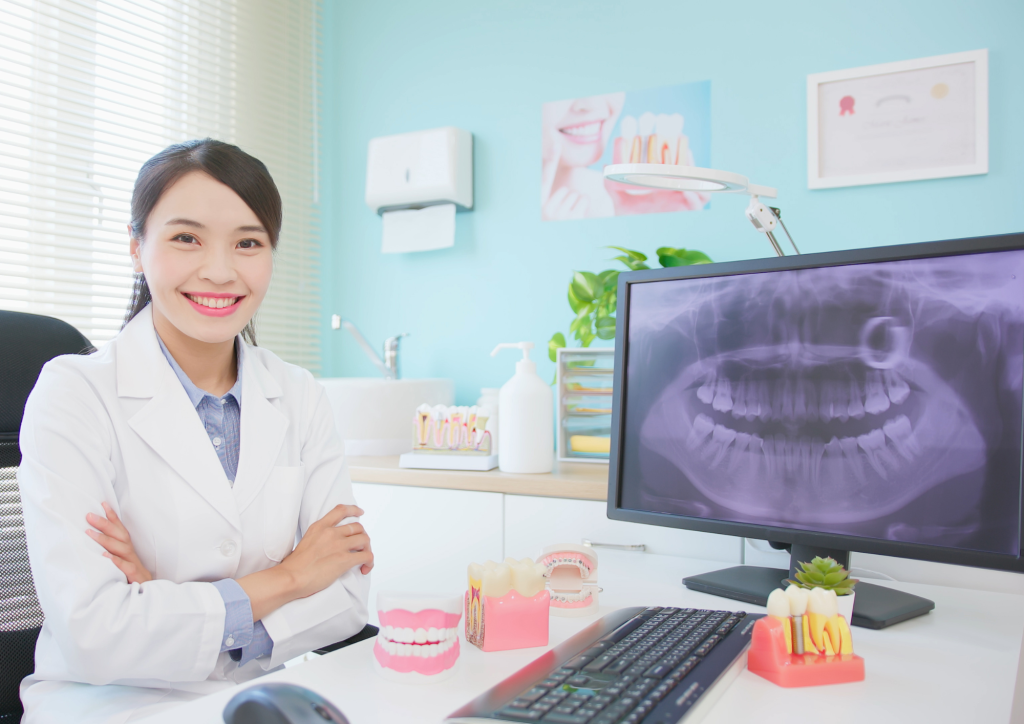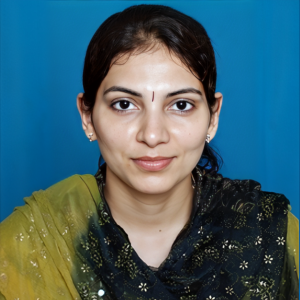牙科干细胞来源于神经嵴。它们可以自我更新并具有克隆性。根据其发育成各种细胞类型的潜力和能力,已经确定了三类干细胞:
- 多能干细胞又称胚胎干细胞,能够发育成任何形式的组织。
- 多能干细胞是成人干细胞或出生后干细胞,具有分化成多种系的能力。
- 具有全能性的干细胞,可成长为一个完整的生物体。
脱落牙和恒牙一直被认为是分离和随后开发牙髓细胞用于组织工程的现成来源。牙髓干细胞于2000年被发现,人类脱落牙齿干细胞(SHED),又称未成熟牙髓干细胞(IDPSC),于2003年被发现。它们是从脱落牙齿的牙髓组织中获得的。
乳牙的牙髓在出生前就已存在,并在恒牙萌出前保持完整。这一阶段的特点是保留了一个富含干细胞的活跃生态位,尚未受到环境或遗传因素的综合影响。
尽管 SHED 已从牙髓中分离出来,但它仍能分化成各种其他类型的细胞,包括成骨细胞、神经细胞和内皮细胞。SHED的作用与乳牙牙根的吸收以及恒牙的生长和萌出相一致。与骨髓基质干细胞和牙髓干细胞(DPSCs)相比,SHEDs 的表达质量不同,增殖率更高。牙髓采集比骨髓采集更容易、更安全。这些细胞在脱落后很容易获得,只需考虑一些伦理问题。

干细胞的发现是再生医学向前迈出的重要一步,开创了一个全新的探索阶段,在治疗疾病方面具有潜在的应用价值。目前已开展临床研究,评估使用个人牙髓干细胞再生牙髓的安全性。牙髓干细胞是治疗颅面畸形、再生骨骼和进行再生牙髓手术的宝贵来源。它还被有效地用于各种治疗,包括治疗糖尿病和肝病。
其他临床应用包括修复心肌、移植骨骼和软骨、治疗克罗恩病、矫正脊柱畸形和整形手术。因此,作为多能干细胞的可能来源,SHED 有可能在未来用于医学和牙科领域的细胞疗法。

作者简介
迪瓦特里-希瓦库马尔博士
世纪大学牙科学系讲师(儿科
Vanishree 博士拥有印度班加罗尔拉吉夫-甘地健康科学大学的学士和硕士学位。2005 年至 2010 年,她在印度库尔格牙科科学学院担任讲师,2013 年至 2015 年,她在印度贾巴尔普尔的 HDCH 担任高级讲师。目前,她自2016年起在世纪大学牙科学院担任儿童牙科讲师一职。Vanishree博士曾多次在国内与国际会议上发表科学演讲,并在索引期刊上发表超过45篇文章。值得一提的是,她的文章被列为马来西亚儿童牙科协会期刊创刊号的第一篇文章。此外,她还为 2019 年出版的第二版儿童牙科教科书《儿童和青少年的麦克唐纳和艾利牙科》撰写了五个章节,做出了重大贡献。

